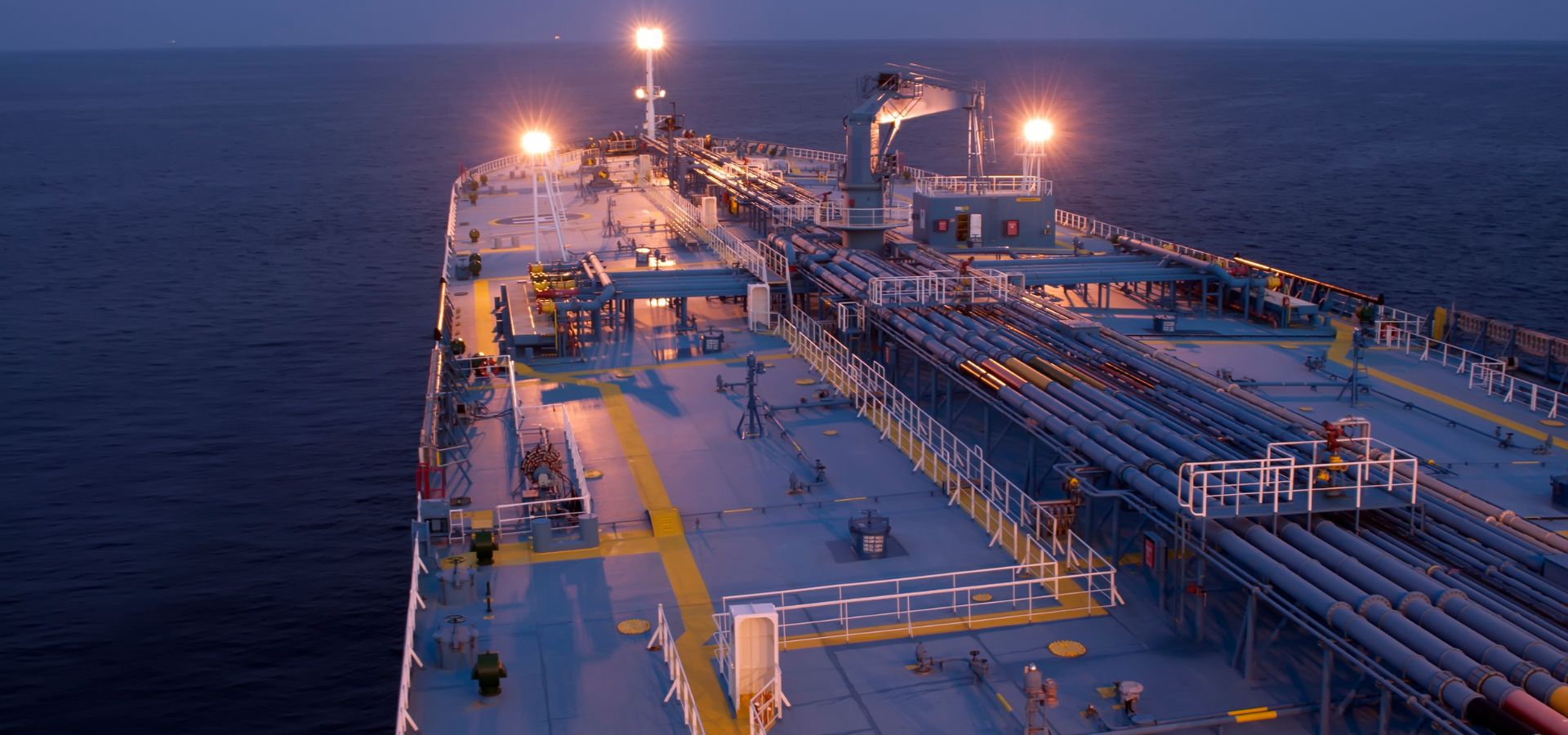
Charting a Greener Course: How Shipping Is Changing in the Mediterranean
The Mediterranean Sea has always been more than a body of water—it’s a strategic trade corridor, a cradle of maritime tradition, and today, a critical testing ground for sustainable shipping innovation.
As climate concerns intensify and regulations tighten at the EU and international level, the Mediterranean is emerging as a frontline region in the maritime decarbonization movement. Here, geography, politics, technology, and business converge—forcing change, encouraging innovation, and reshaping the way goods are moved across the region.
Why the Mediterranean Matters in Green Shipping
Although it covers less than 1% of the world’s ocean surface, the Mediterranean Sea hosts:
25% of global maritime traffic
Over 450 ports and terminals
Dense coastal populations and protected marine areas
Increasing environmental vulnerability from GHG emissions and maritime pollution
As such, sustainable maritime logistics in the Mediterranean is not just a regional concern—it’s a global imperative.
Key Drivers of Change in the Region
Several interconnected forces are accelerating the green transformation of shipping in the Mediterranean:
1. EU Legislation and Green Policy Push
Inclusion of maritime transport in the EU Emissions Trading System (EU ETS) from 2024 onward
Implementation of FuelEU Maritime, mandating progressive use of renewable and low-carbon fuels
Introduction of Mediterranean SECA (Sulphur Emission Control Area) in 2025, requiring 0.1% sulfur fuel
Alignment with the EU Green Deal and Fit for 55 decarbonization targets
Mediterranean shipping companies, ports, and fuel providers must now accelerate compliance and adaptation.
2. Port Infrastructure and Green Corridors
Port hubs across the Mediterranean—like Piraeus, Valencia, Marseille, and Haifa—are investing in:
Shore-side electricity (cold ironing) to reduce emissions at berth
LNG and methanol bunkering capabilities
Development of green shipping corridors with Europe, the Middle East, and North Africa
Integration of smart port technologies to optimize sustainability
Ports are no longer just nodes—they are active partners in decarbonization.
3. Fleet Modernization & Alternative Fuels
Leading Mediterranean shipping companies, including AVIN INTERNATIONAL LTD, are upgrading their fleets with:
LNG-ready and dual-fuel vessels
Biofuel-compatible engines
Designs optimized for energy efficiency and EEXI compliance
Preparations for ammonia and hydrogen use in the next decade
Fuel transition is not a concept anymore—it is being implemented in shipyards and sea routes across the region.
Case in Point: AVIN INTERNATIONAL’s Role in the Region
As a Greece-based operator with a global outlook, AVIN INTERNATIONAL LTD is deeply embedded in the Mediterranean shipping ecosystem. Through its AVIN Green Shipping strategy, the company contributes to the regional transformation by:
Operating a modern, low-emission tanker fleet
Investing in LNG, methanol, and biofuels pilots
Collaborating with Greek and Mediterranean ports on infrastructure alignment
Complying with all relevant EU and IMO frameworks ahead of schedule
Leading internal ESG training and digital emissions tracking programs
By merging local responsibility with international standards, AVIN is charting a credible path toward carbon-neutral operations in the region.
Regional Challenges & Opportunities
Challenges:
Varying levels of readiness across North-South Mediterranean ports
High retrofit costs for small/medium shipowners
Lack of consistent fuel supply infrastructure in parts of the region
Political and regulatory fragmentation between EU and non-EU states
Opportunities:
Positioning the region as a green shipping hub between Europe, Asia, and Africa
Access to EU green financing programs and grants
Expansion of green corridors and smart logistics networks
Growth of public-private partnerships for climate-smart maritime solutions
Collaborative Models Shaping the Region
Progress in the Mediterranean requires a collaborative model. Key initiatives include:
The Mediterranean Green Maritime Alliance (MGMA)
EU Horizon projects focusing on green port infrastructure
Cross-border R&D partnerships for fuel innovation
Bilateral agreements between southern European and North African nations on clean transport and energy integration
These efforts show that decarbonization is a regional project, not a national one.
Looking Ahead: Charting the Course to 2030
With 2030 climate targets looming, shipping in the Mediterranean will continue to transform through:
Expansion of shore power availability across all major ports
Introduction of zero-emission vessels on selected short-sea routes
Widespread adoption of digital twin platforms for fleet efficiency
Emergence of carbon-traded shipping contracts between charterers and operators
Stronger integration of ESG metrics into maritime investment portfolios
Conclusion: Greener Waters, Stronger Industry
The Mediterranean region is proving that sustainability and competitiveness are not mutually exclusive. With vision, cooperation, and decisive action, the region can become a global benchmark for green shipping success.
Companies like AVIN INTERNATIONAL LTD are playing a vital role—bridging the past and the future, showing that maritime excellence can evolve to meet the environmental demands of our time.
The course is set. The chart is clear. And the destination is a cleaner, smarter Mediterranean.
